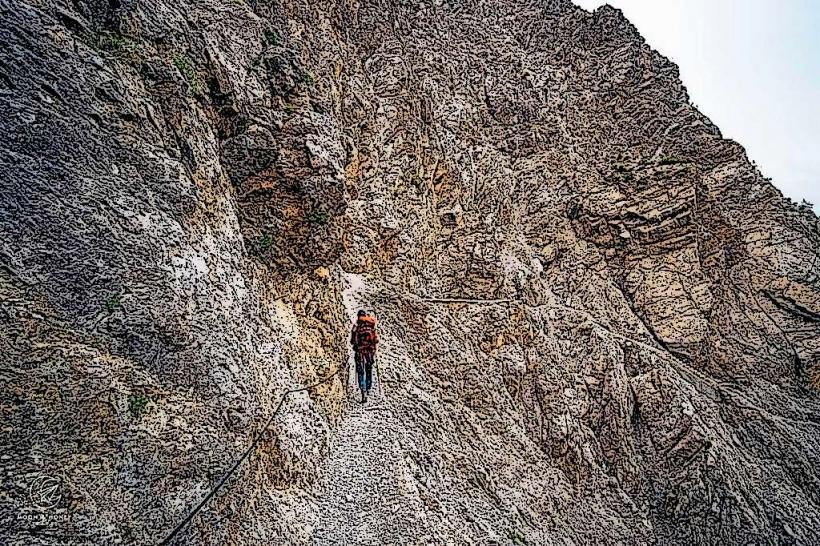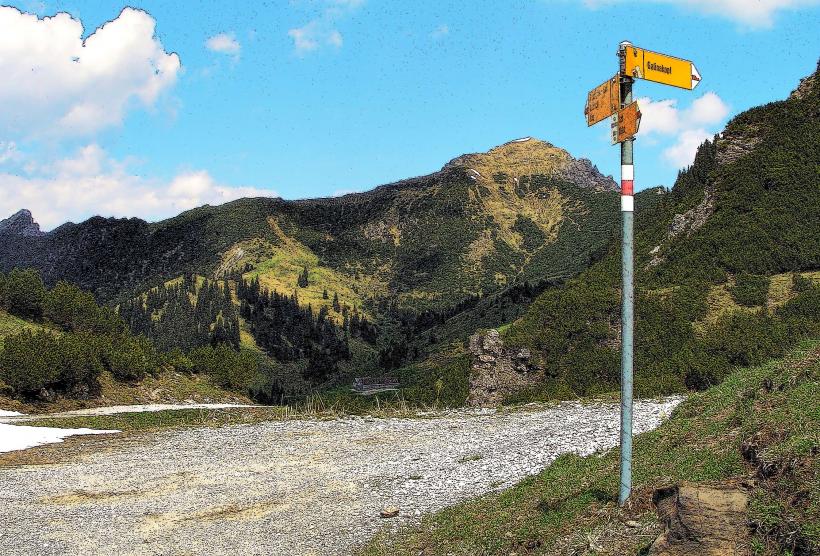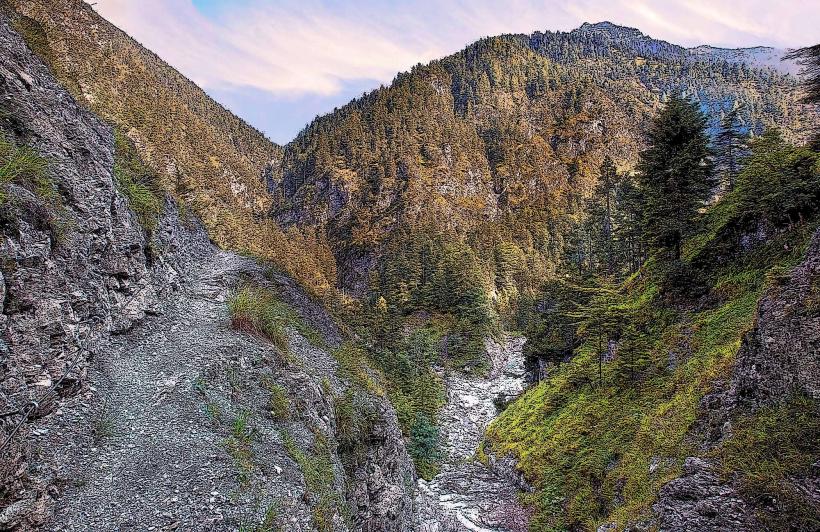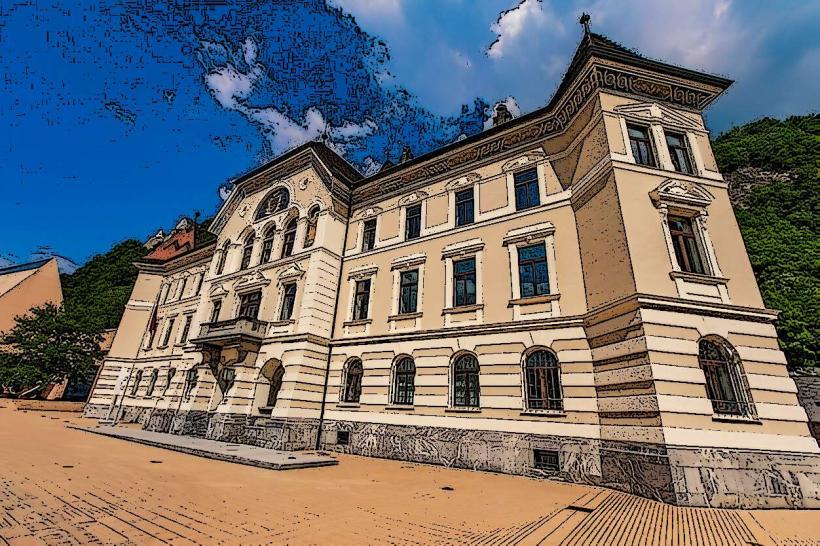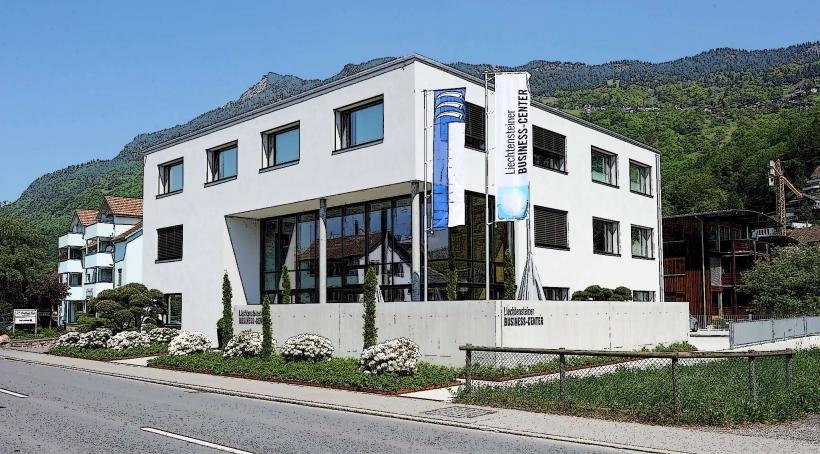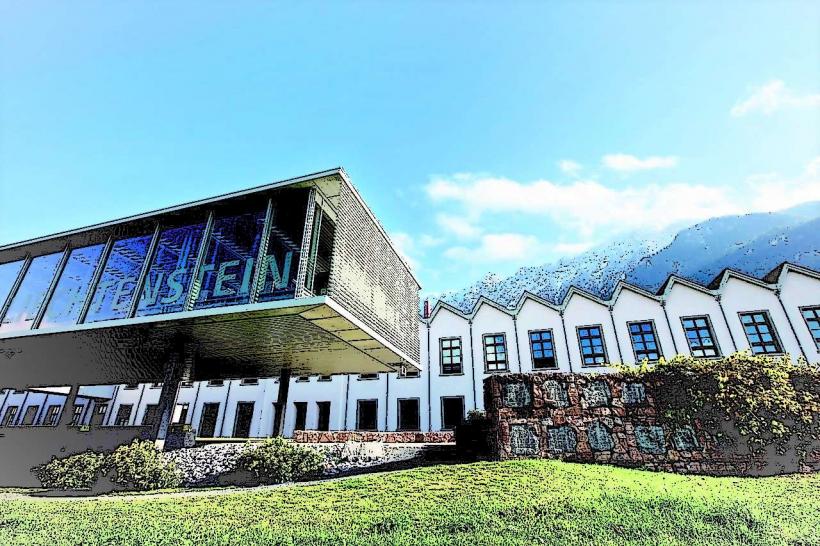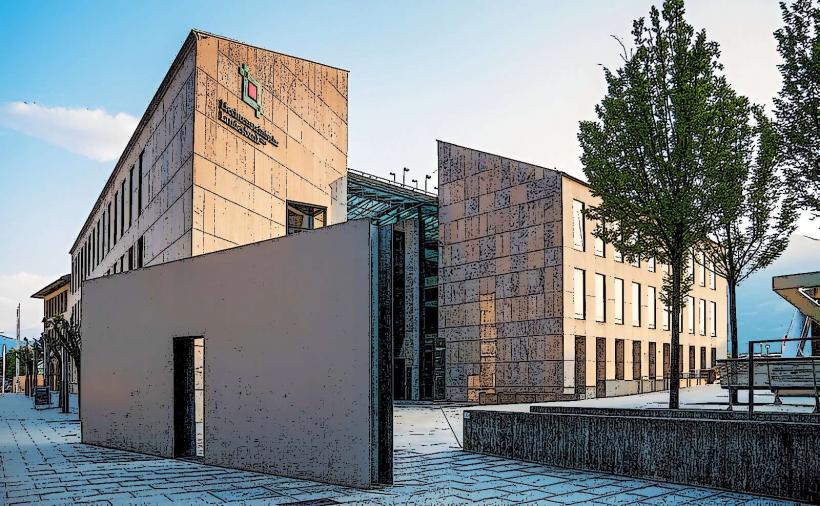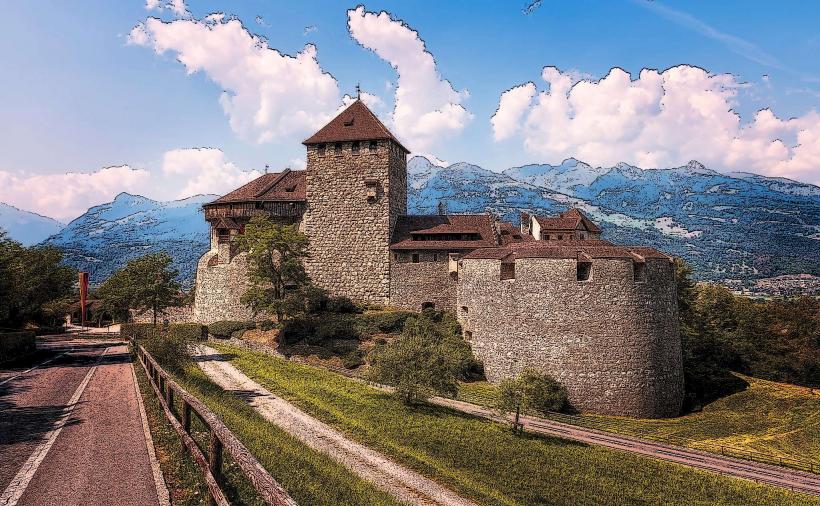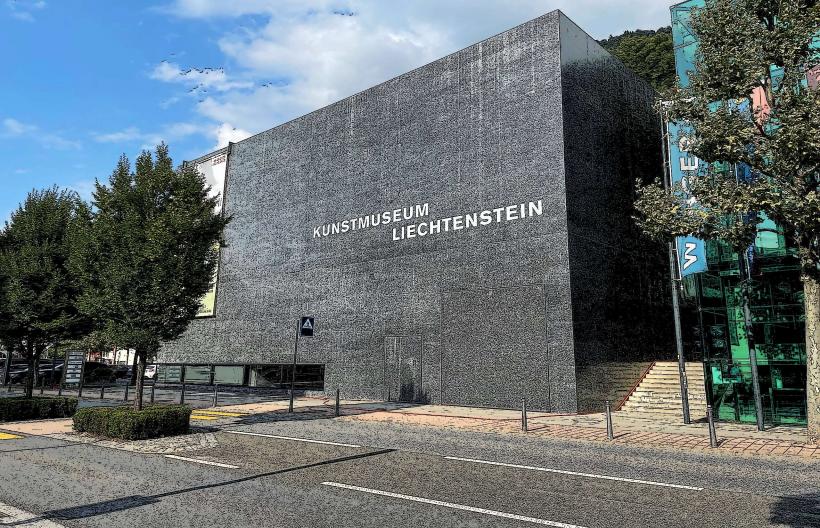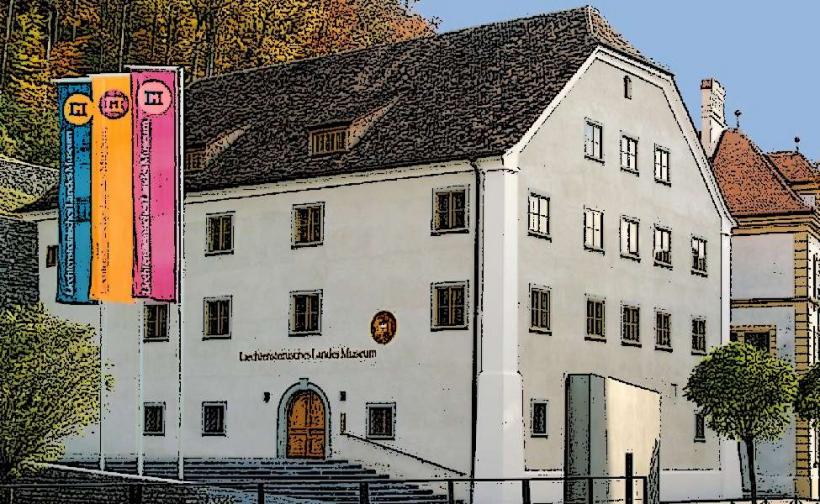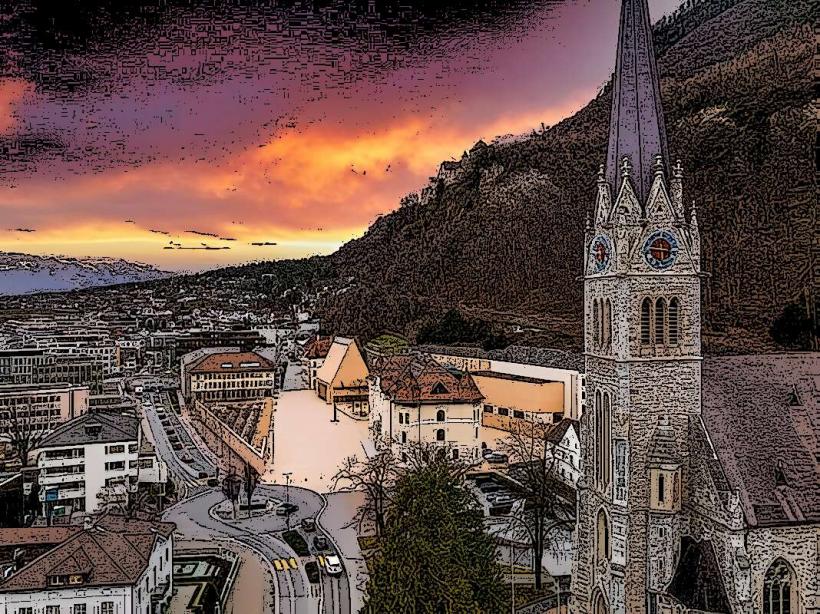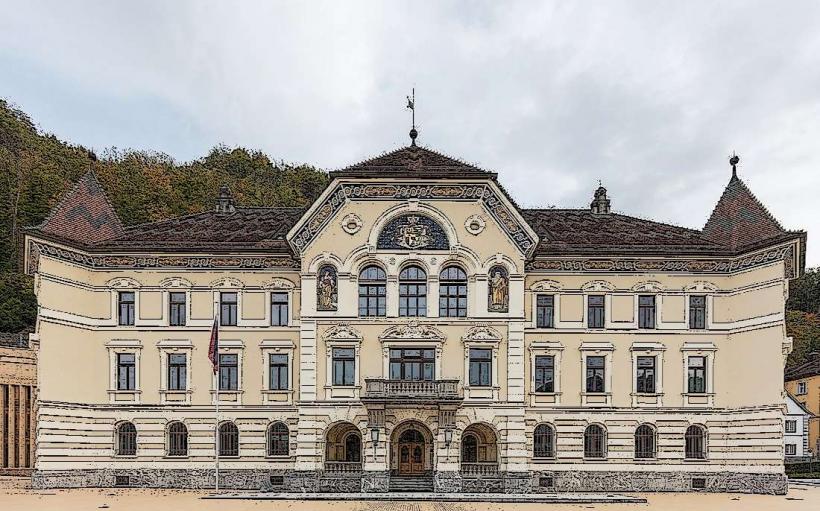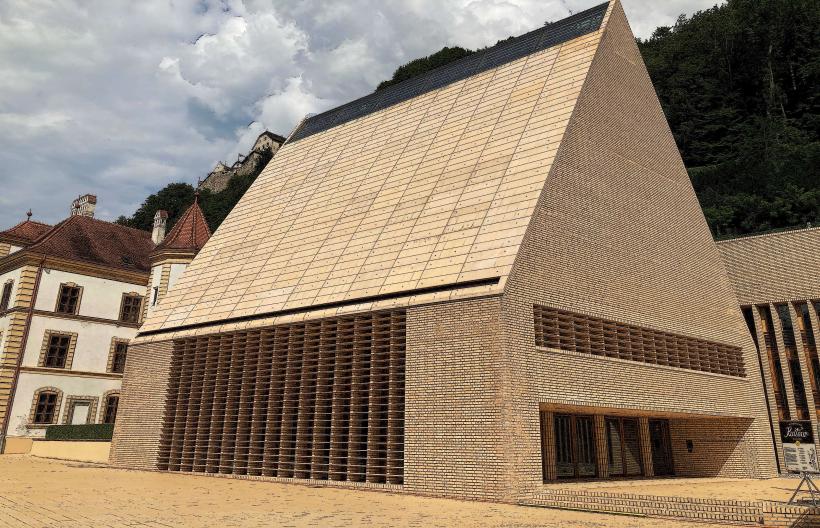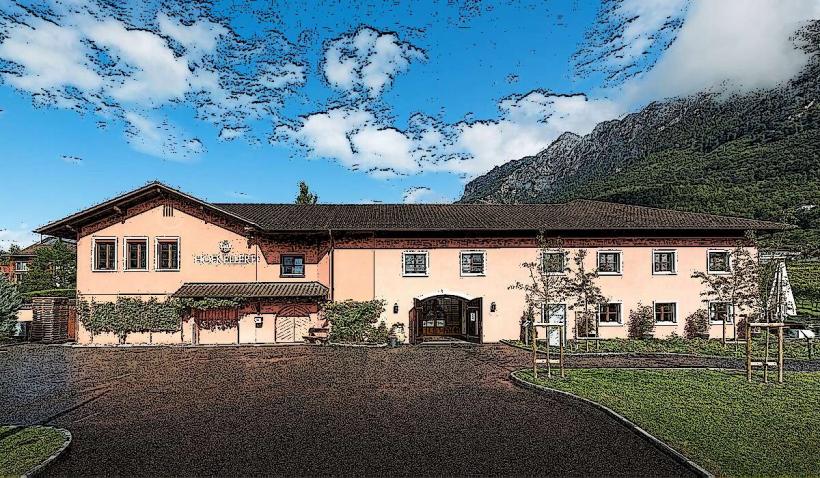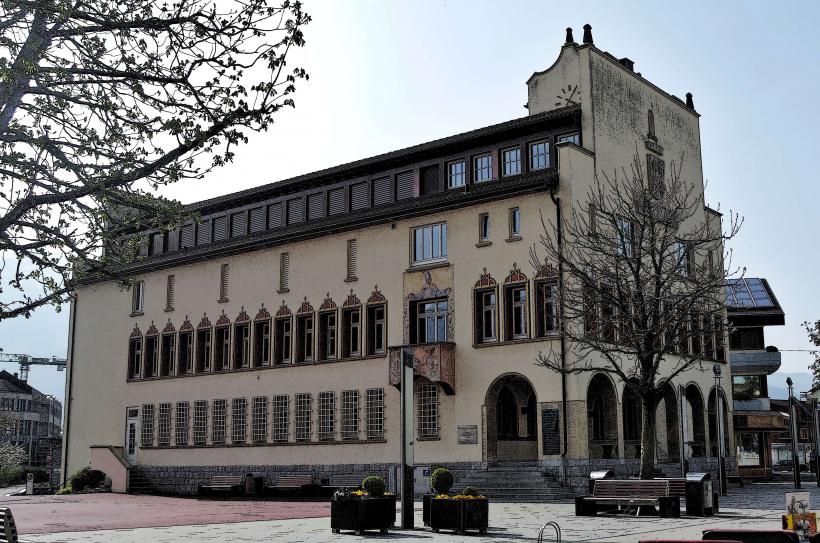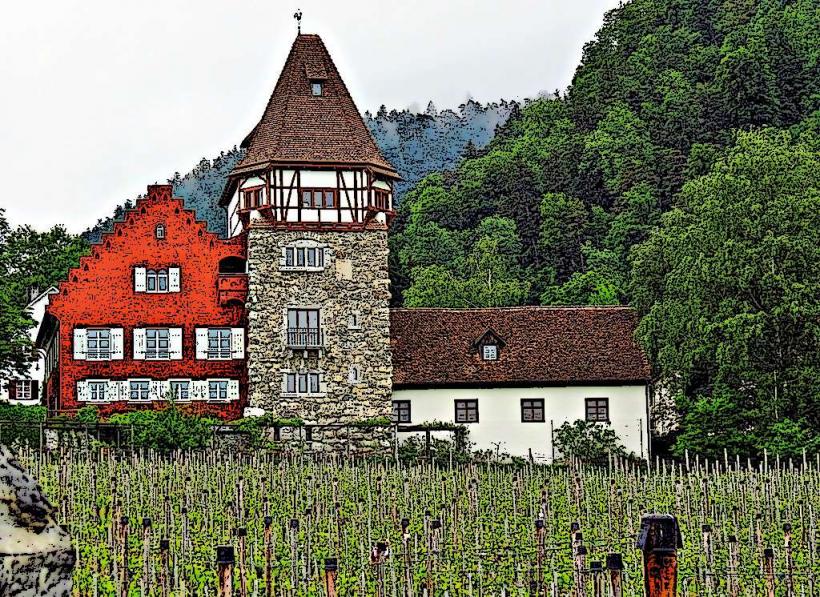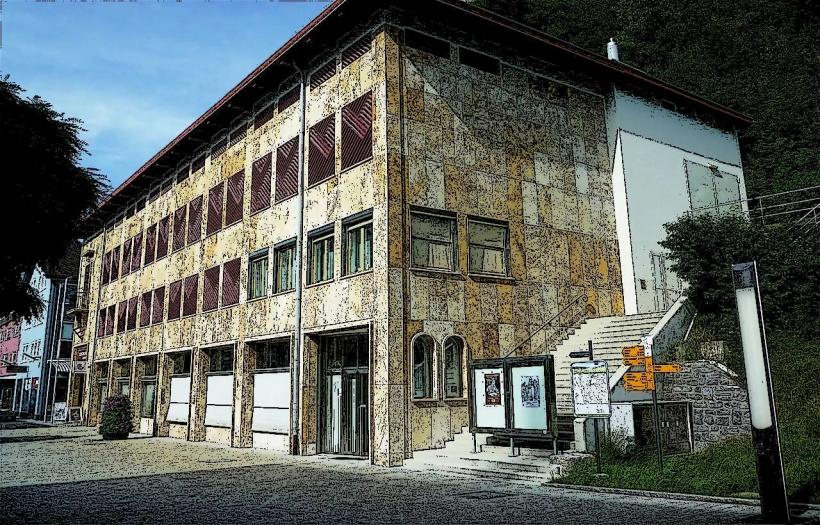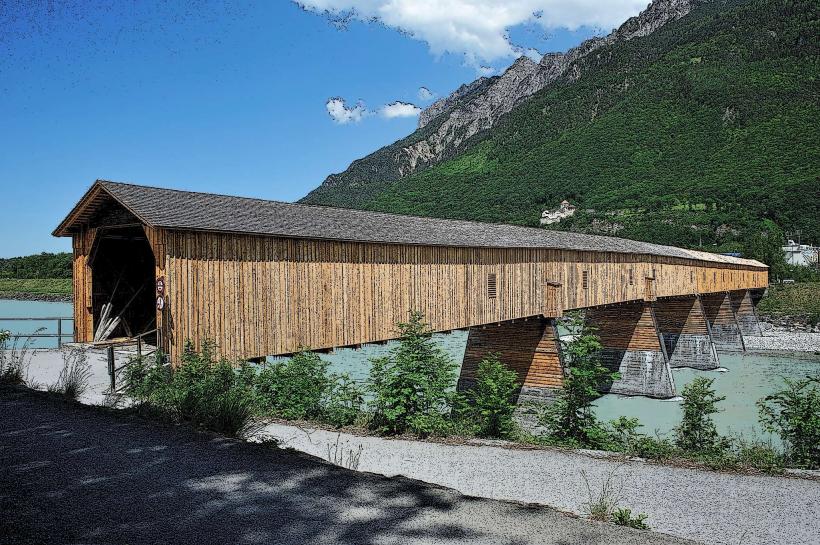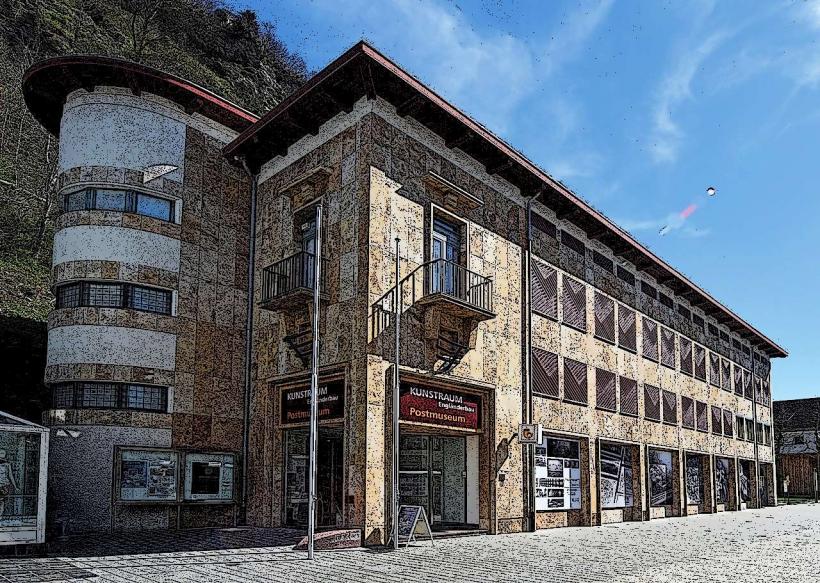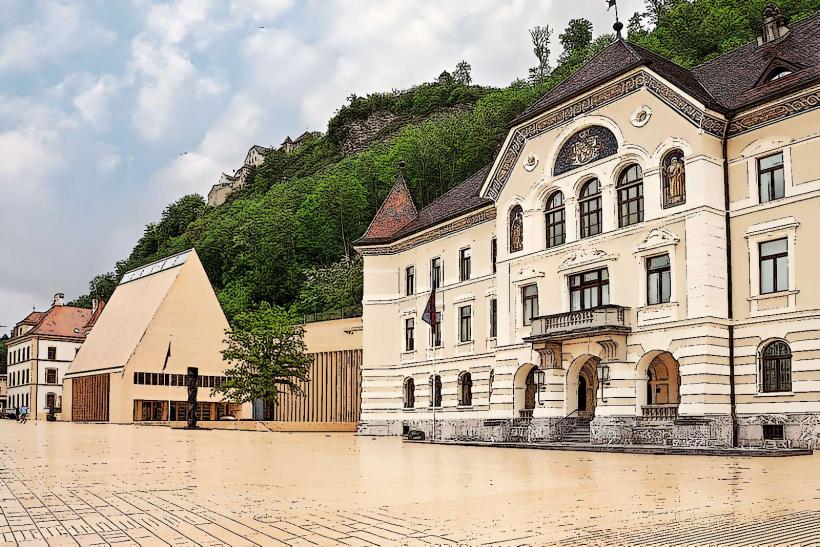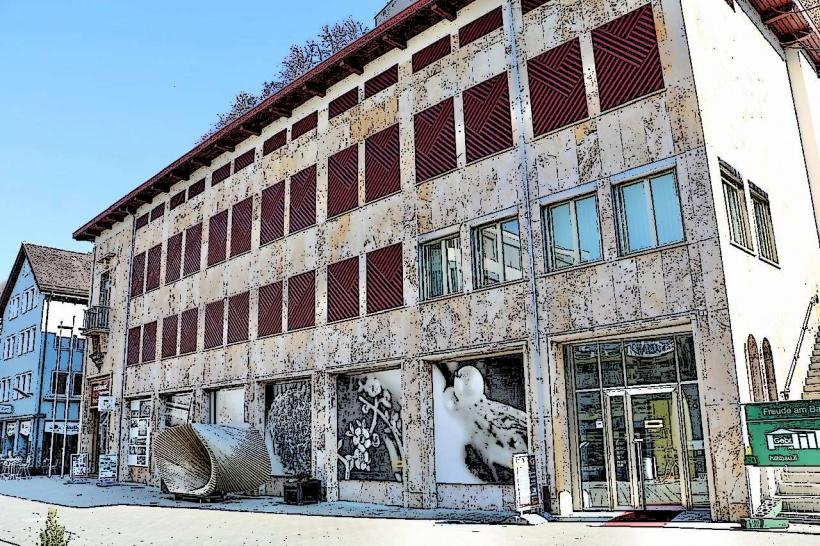Information
City: VaduzCountry: Liechtenstein
Continent: Europe
Vaduz, Liechtenstein, Europe
Vaduz serves as the capital of the Principality of Liechtenstein and its primary center for administration and finance. It functions as a global hub for private banking and trust services, characterized by its Alpine setting beneath the Rätikon massif, its concentration of high-profile contemporary art, and its role as the seat of one of Europe's oldest surviving monarchies.
Historical Timeline
First mentioned in 1150. The County of Vaduz was acquired by the House of Liechtenstein in 1712, leading to the creation of the Principality in 1719. The defining event for its modern form was the post-WWII economic transition from an agrarian society to a high-tech industrial and financial powerhouse.
Demographics & Population
The population is approximately 5,800 (2026 estimate). The demographic is highly international, with foreigners (primarily Swiss, Austrian, and German) making up roughly 40% of the residents. German is the official language, though the local Alemannic dialect is used in daily social interaction.
Urban Layout & Key Districts
The city is situated on the right bank of the Rhine.
Das Städtle: The pedestrianized "small town" core containing the government district, museums, and shops.
The Government District: Features the Peter-Kaiser-Platz and the landmark Parliament building.
The Vineyard District: The northern slope of the town, home to the Prince of Liechtenstein’s private vineyards (Hofkellerei).
The Schloss Area: The elevated forest and cliffside area dominated by the Princely Castle.
Top City Landmarks
Vaduz Castle (Schloss Vaduz): The official residence of the Prince of Liechtenstein; an 12th-century fortress overlooking the town (interior is not open to the public).
Liechtenstein Art Museum (Kunstmuseum): A striking black basalt structure housing an international collection of modern and contemporary art.
The Red House (Rotes Haus): A late medieval gabled house with a vineyard, representing the traditional architecture of the Rhine Valley.
Government House and Parliament (Landtag): A modern architectural ensemble featuring a distinctive brick roof.
Liechtenstein National Museum: Housed in a 15th-century tavern, documenting the history, flora, and fauna of the principality.
Cathedral of St. Florin: A Neo-Gothic parish church (1874) elevated to cathedral status in 1997.
The Treasury (Schatzkammer): Displays the Princely Collections, including the Ducal Hat and moon rocks gifted by NASA.
Transportation Network
Liechtenstein has no domestic airport; access is via Zurich (ZRH) or Friedrichshafen (FDH). Movement is managed by the LIEmobil bus network, which connects Vaduz to the Swiss border (Buchs/Sargans) and the Austrian border (Feldkirch). Vaduz has no railway station; the nearest is in Schaan or Buchs. The town is entirely walkable.
Safety & "Red Zones"
The safety level is extreme. Liechtenstein is consistently ranked as one of the safest countries in the world. Crime is virtually non-existent. There are no "no-go zones."
Digital & Financial Infrastructure
Average internet speed is 500–1000 Mbps via national fiber. Vaduz is a global leader in blockchain regulation and fintech. The city is largely cashless, though Swiss Francs (CHF) are the official currency. International cards are universal.
Climate & Air Quality
Temperatures range from -1°C in winter to 23°C in summer. The city is subject to the Föhn, a warm, dry wind that can rapidly raise temperatures. Air quality is pristine.
Culture & Social Norms
The culture is defined by discretion and tradition. Tipping is not required (included in bills), but rounding up is appreciated. Social life is centered around the Städtle and cultural events like the Princely Day (Staatsfeiertag) on August 15.
Accommodation Zones
Stay in the Städtle (Center) for immediate access to museums and government sites.
Stay in the upper residential streets for mountain views and proximity to hiking trails.
Local Cost Index
1 Espresso: 4.50 – 6.00 CHF
1 Standard Lunch: 25.00 – 45.00 CHF
1 Pint of Beer: 7.00 – 10.00 CHF
1 Museum Entry: 10.00 – 15.00 CHF
Nearby Day Trips
Malbun: 15 km east; Liechtenstein's premier high-altitude ski and hiking resort (1,600m).
Triesenberg: A scenic Walser village overlooking the Rhine Valley.
Alte Rheinbrücke: The last remaining wooden bridge over the Rhine, connecting Vaduz to Sevelen, Switzerland.
Facts & Legends
Local tradition claims that the Prince often walks the mountain trails incognito among the citizens. A verified historical fact is that Liechtenstein has no standing army, having abolished it in 1868, and remains one of the few nations in the world to have more registered companies than inhabitants.

